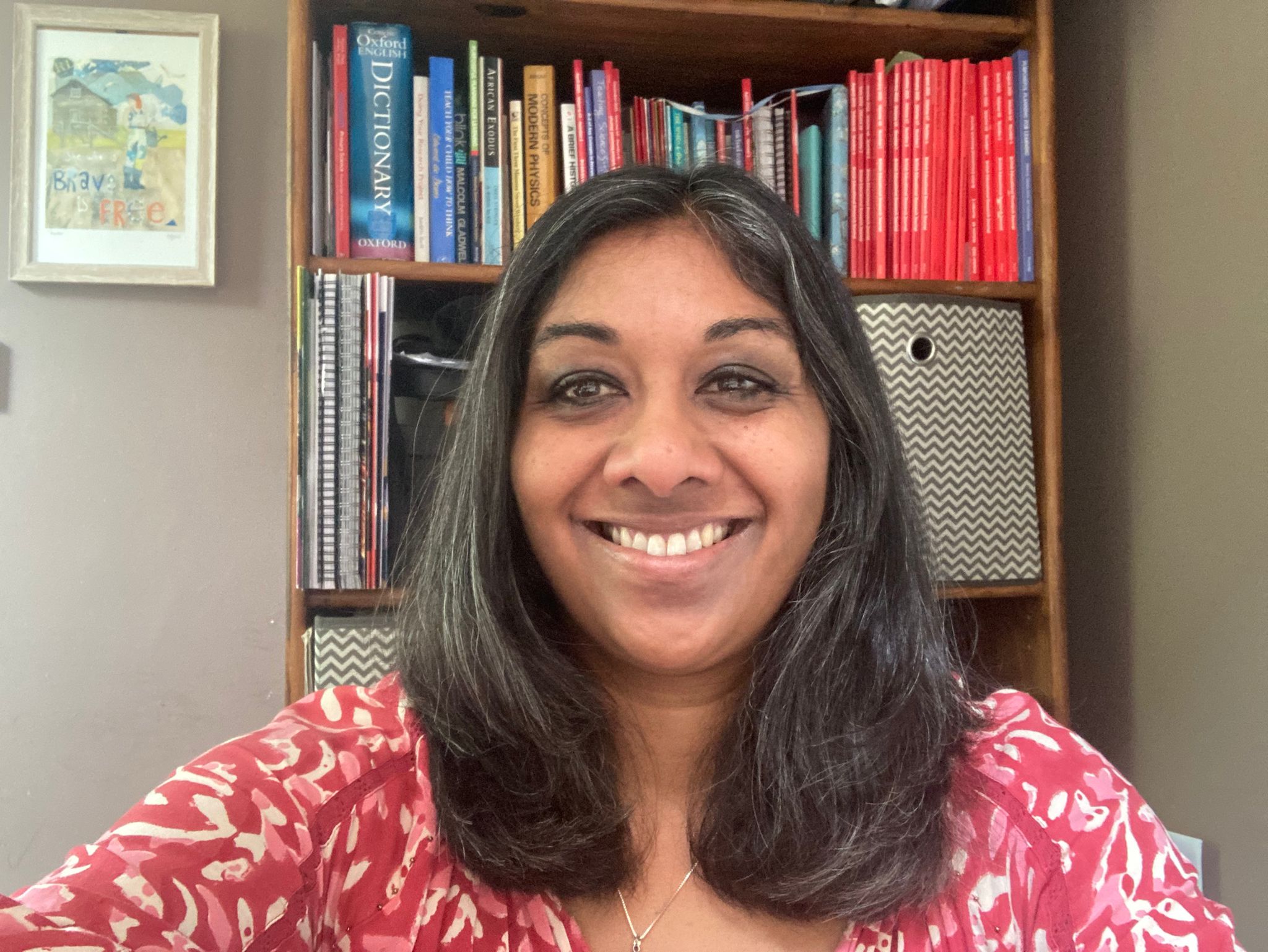Welcome to our launch of Science Teacher Educator as an online hub. I am thrilled to be the editor for this dynamic platform and look forward to working with all contributors from the science education community. Being involved from the onset will give me the unique privilege of developing this online space as it evolves so that it is informative, supportive, attractive and engaging for all our members interested in professional learning. This shift from a journal to an online platform creates more opportunities for diverse and innovative content. We are open to all possibilities!
 As a researcher, my focus has been on professional learning opportunities that encourage teachers to consider and reflect on their current practices and how these might be adapted to focus on student thinking, increase classroom dialogue and improve student outcomes. Some of these projects have involved interventions to bring about change, while others have explored how refocusing practice can inform and target specific needs. This approach allows teachers to work towards transforming their practice, through working collaboratively with other teachers exploring how ideas might work with their learners and identifying their own questions and problems as they make changes. As a university colleague, my role with professional learning communities is both to support and challenge the decisions that teachers make as they involve themselves in new practices and help them collect and analyse evidence as it arises in their classrooms. Through locally-focussed small scale, yet complex studies, I can contribute important insights to the broader field of professional learning and teacher development whilst having impact within the local context.
As a researcher, my focus has been on professional learning opportunities that encourage teachers to consider and reflect on their current practices and how these might be adapted to focus on student thinking, increase classroom dialogue and improve student outcomes. Some of these projects have involved interventions to bring about change, while others have explored how refocusing practice can inform and target specific needs. This approach allows teachers to work towards transforming their practice, through working collaboratively with other teachers exploring how ideas might work with their learners and identifying their own questions and problems as they make changes. As a university colleague, my role with professional learning communities is both to support and challenge the decisions that teachers make as they involve themselves in new practices and help them collect and analyse evidence as it arises in their classrooms. Through locally-focussed small scale, yet complex studies, I can contribute important insights to the broader field of professional learning and teacher development whilst having impact within the local context.
I started my professional career as a classroom teacher and science lead in a London primary school. My first degree in Physics fuelled my scientific curiosity to seek out evidence to answer questions of the world. As a science lead, I was and remain passionate about classroom learning that promotes a scientific mindset alongside the development of an understanding of key scientific concepts.
Since then, I have worked in research in science education and in initial teacher education. My research focuses on the pedagogical potential of classroom dialogue to enhance cognitive challenge in science classrooms and drive assessment practices in scientific inquiry. I have worked across a range of influential national and international research projects. This includes working with Professor Philip Adey and others on the CASE (Cognitive Acceleration through Science Education) as a professional developer and senior research officer for the KS2 project and working with Professor Christine Harrison on Assessment for Learning projects at King’s College, London. Within this research field, I also explore how continuous professional learning can impact on practice. I am a firm believer that professional development can create spaces for communities of practitioners to share, reflect upon and transform their teaching craft.
Over the last six years I have had the privilege of being the course leader for BA (Hons) Primary Education degree at the Nottingham Institute of Education at Nottingham Trent University. Our 4-year course typically supports around 400 trainee teachers through an undergraduate route into primary teaching. This position provides me with a current and empathetic perspective on the challenges that face those beginning to teach and those involved in navigating an ever-changing landscape of initial teacher education.
I joined the ASE as a trainee teacher in 1996. As a loyal member, I have valued all the opportunities that my active, over 25-year membership has offered, as the secretary for the London region, an editorial board member for the Primary Science Journal, co-editor of the ASE Guide to Primary Science Education (2018) and a member and co-chair of the International Committee. Presenting at and attending the ASE annual conference, being involved in and appreciating the range of journals and books that ASE have produced and benefitting from the networking and community activities within ASE has both supported me in many aspects of my work and has helped me develop my expertise and understanding of science teaching, learning and assessment. I appreciate and have learnt from every small and significant professional learning opportunity that has transformed my thinking about learning and teaching. Along the way, the ASE has remained a community, an important professional space for me to craft my practice and share my research and ideas with fellow science practitioners.
